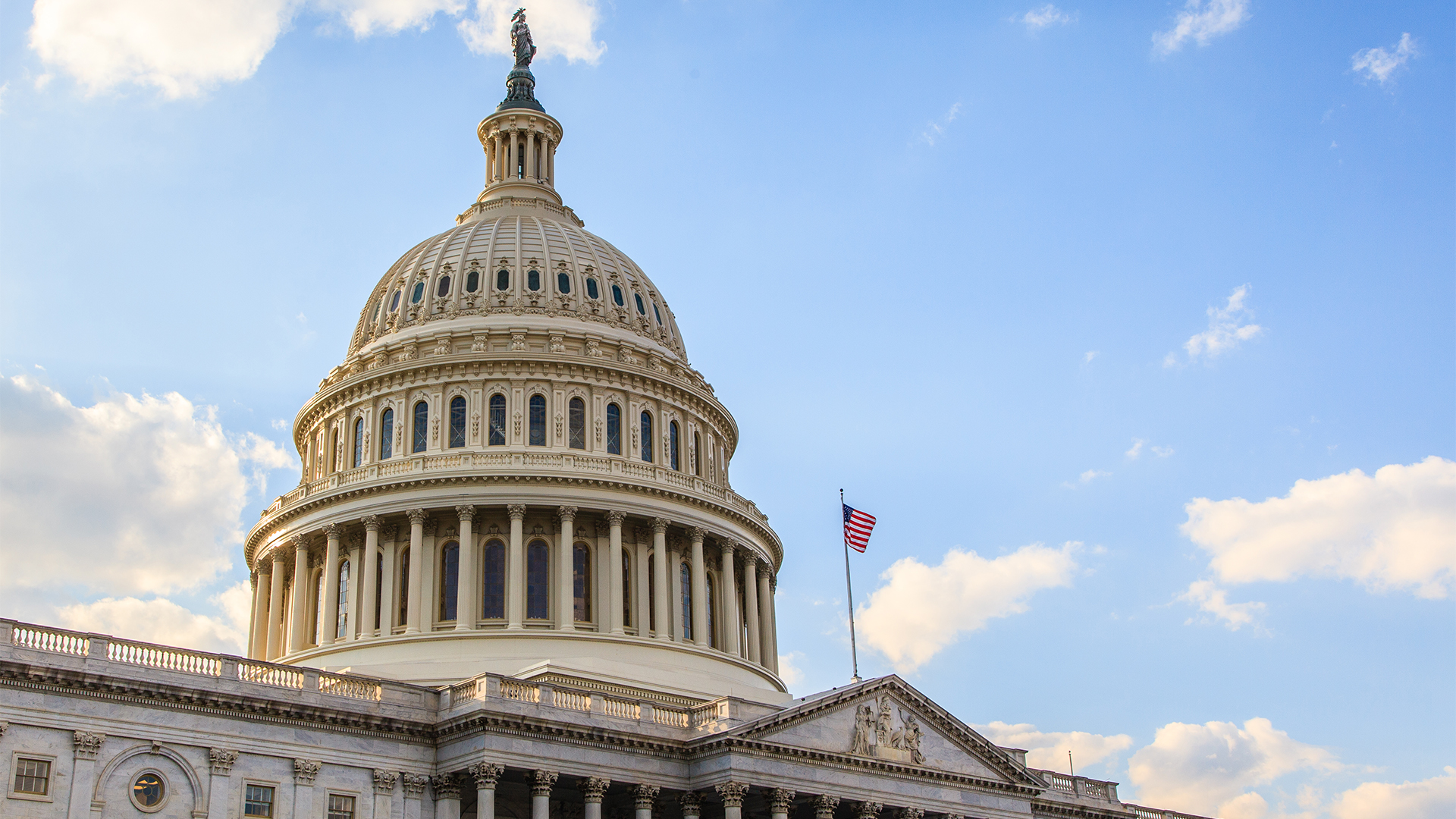Home Office widens interception law debate
Civil society campaigners will meet with Home Office officials next week to discuss a review into UK interception laws.


The Home Office has agreed to meet with civil society campaigners to discuss a review into UK interception laws.
Earlier this month, the Government called for a consultation over proposed changes to the Regulation of Investigatory Powers Act (RIPA), following pressure from the European Commission.
Brussels had called on the UK to change its laws after the controversial trialling of Phorm software, which tracked user behaviour.
The Open Rights Group slammed the way in which the Government handled the consultation, claiming there was little time to give responses with a deadline of 7 December.
Now the Government has extended the deadline to 17 December and agreed to meet with civil society representatives next week, including the Open Rights Group.
"This is a small but important victory ... It is vital that civil society is not 'locked out' of discussions like this, allowing industrial voices to determine the agenda alone," said Jim Killock, the Open Rights Group's executive director.
"We fought for several years to get these laws changed."
Sign up today and you will receive a free copy of our Future Focus 2025 report - the leading guidance on AI, cybersecurity and other IT challenges as per 700+ senior executives
The campaigning body has now called on people to share their views on the review of RIPA, which covers interception laws. The Open Rights Group will then take any pertinent concerns to Government officials.
Under the proposals, even unintentional interception of communications could be punished.
Tom Brewster is currently an associate editor at Forbes and an award-winning journalist who covers cyber security, surveillance, and privacy. Starting his career at ITPro as a staff writer and working up to a senior staff writer role, Tom has been covering the tech industry for more than ten years and is considered one of the leading journalists in his specialism.
He is a proud alum of the University of Sheffield where he secured an undergraduate degree in English Literature before undertaking a certification from General Assembly in web development.
-
 The modern workplace: Standardizing collaboration for the enterprise IT leader
The modern workplace: Standardizing collaboration for the enterprise IT leaderHow Barco ClickShare Hub is redefining the meeting room
-
 Interim CISA chief uploaded sensitive documents to a public version of ChatGPT
Interim CISA chief uploaded sensitive documents to a public version of ChatGPTNews The incident at CISA raises yet more concerns about the rise of ‘shadow AI’ and data protection risks
-
 UK’s ‘Tech Prosperity Deal' with US hits rocky ground
UK’s ‘Tech Prosperity Deal' with US hits rocky groundNews The US has reportedly threatened to pull out of the deal over the Digital Services Tax and broader economic disagreements
-
 Google drops cloud complaint against Microsoft
Google drops cloud complaint against MicrosoftNews Anticompetitive concerns aren't gone, but Google is leaving the battle to the EC instead
-
 ‘A major step forward’: Keir Starmer’s £187 million tech skills drive welcomed by UK industry
‘A major step forward’: Keir Starmer’s £187 million tech skills drive welcomed by UK industryNews The ‘TechFirst’ program aims to shore up the UK’s digital skills to meet future AI needs
-
 Government’s ‘Humphrey’ AI tool helps local authorities cut costs
Government’s ‘Humphrey’ AI tool helps local authorities cut costsNews The Minute tool, part of the Humphrey AI assistant, is being trialled at 25 councils
-
 A decade-long ban on AI laws is a “terrible idea” for everyone but big tech, critics claim
A decade-long ban on AI laws is a “terrible idea” for everyone but big tech, critics claimNews A proposed decade-long ban on US states implementing AI laws is a "terrible idea" that highlights the scale of big tech lobbying, according to critics.
-
 Starmer bets big on AI to unlock public sector savings
Starmer bets big on AI to unlock public sector savingsNews AI adoption could be a major boon for the UK and save taxpayers billions, according to prime minister Keir Starmer.
-
 UK government targets ‘startup’ mindset in AI funding overhaul
UK government targets ‘startup’ mindset in AI funding overhaulNews Public sector AI funding will be overhauled in the UK in a bid to simplify processes and push more projects into development.
-
 UK government signs up Anthropic to improve public services
UK government signs up Anthropic to improve public servicesNews The UK government has signed a memorandum of understanding with Anthropic to explore how the company's Claude AI assistant could be used to improve access to public services.
